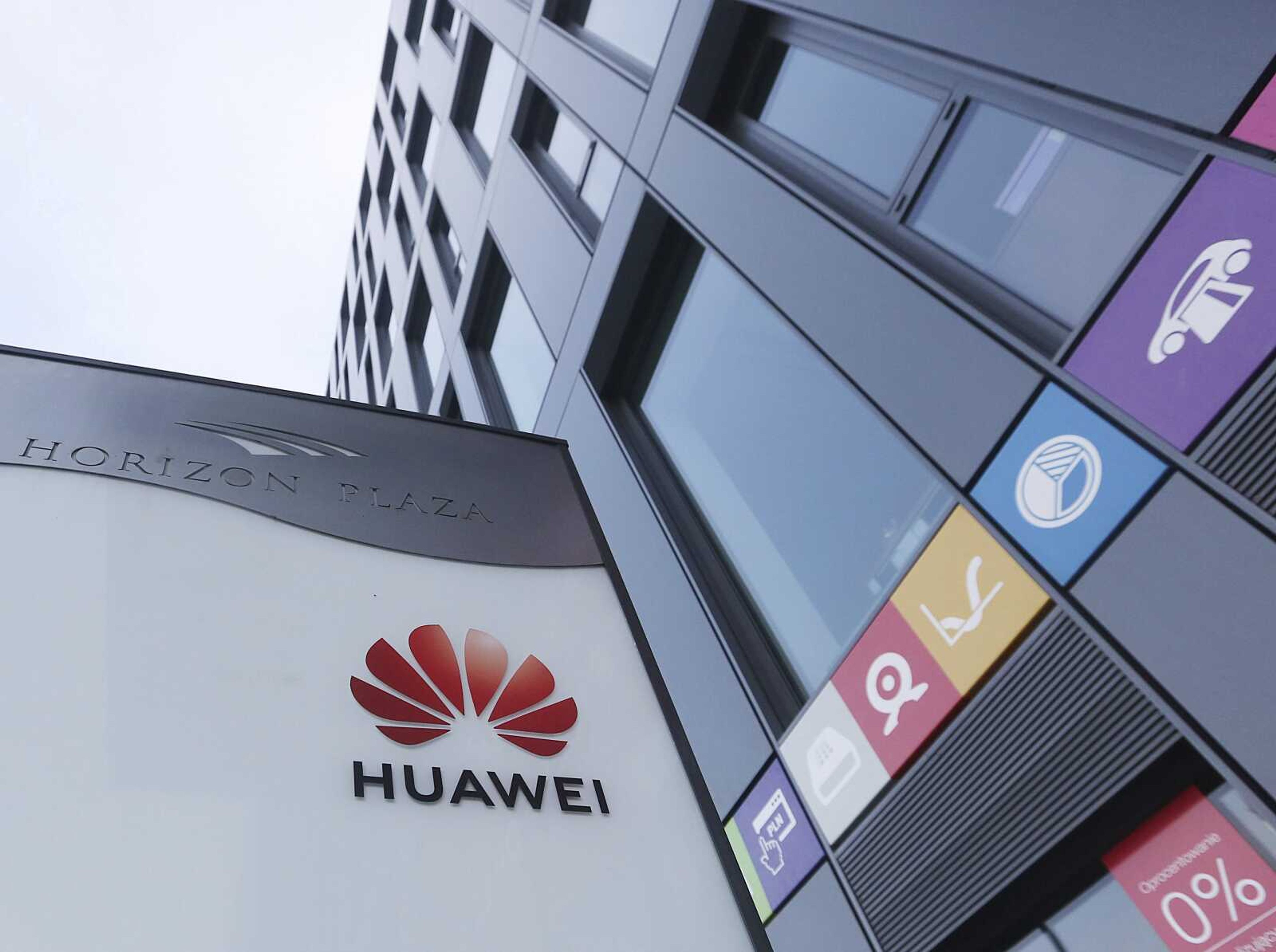Poland: Huawei exec, Polish security expert spied for China
WARSAW, Poland -- Poland has arrested a director at the Chinese tech giant Huawei and one of its own former cybersecurity experts and charged them with spying for China, authorities said Friday. The development comes as the U.S. is exerting pressure on its allies not to use Huawei, the world's biggest maker of telecommunications network equipment, over data security concerns...
WARSAW, Poland -- Poland has arrested a director at the Chinese tech giant Huawei and one of its own former cybersecurity experts and charged them with spying for China, authorities said Friday.
The development comes as the U.S. is exerting pressure on its allies not to use Huawei, the world's biggest maker of telecommunications network equipment, over data security concerns.
The two men -- one a Chinese citizen who was a former envoy in Poland before moving over to a senior position at Huawei and the other a Pole who held several top government cybersecurity positions -- were arrested Tuesday, according to Poland's Internal Security Agency.
Polish security agents searched the Warsaw offices of Huawei and Orange, Poland's leading communications provider, where the former Polish security expert recently worked, seizing documents and electronic data. The homes of the men, also in Warsaw, were also searched, according to agency spokesman Stanislaw Zaryn.
It's the latest setback for Huawei in Europe, where the company has ambitious plans to roll out next-generation "5G" mobile networks, which it is a leader in developing. The arrest is a fresh sign a U.S. dispute with China over its ban on the company is spilling over to Europe, Huawei's biggest foreign market.
Some European governments and telecom companies are following the U.S. lead in questioning whether using Huawei for vital infrastructure for mobile networks could leave them exposed to snooping by the Chinese government.
Maciej Wasik, deputy head of Poland's Special Services agency, said the operation resulting in the arrests of the two suspects had been underway for a long time. He said "both carried out espionage activities against Poland."
Zaryn told The Associated Press prosecutors have charged the two men with espionage, but agents are continuing to collect evidence and interview witnesses. Further indictments are expected, he said.
He said no further details would be released about the case because it is classified and the investigation is ongoing.
Polish state television TVP reported the men have proclaimed their innocence, but Zaryn said he could not confirm that. If convicted, they could face up to 10 years in prison each.
TVP identified the arrested Chinese man as Weijing W., saying he was a director in Poland at Huawei. It said he also went by the Polish first name of Stanislaw and had previously worked at the Chinese consulate in Gdansk.
A LinkedIn profile for a man named Stanislaw Wang appears to match details of the man described by Polish television.
Wang's resume said he worked at China's General Consulate in Gdansk from 2006-2011 and at Huawei Enterprise Poland since 2011, where he was first director of public affairs and since 2017 the "sales director of public sector." The resume said he received a bachelor's degree in 2004 from the Beijing University of Foreign Studies.
State TV identified the Polish man as Piotr D., and said he was a high-ranking employee at the Internal Security Agency, where he served as deputy director in the department of information security, until 2011.
The Polish state news agency, PAP, said the man had also held top cybersecurity positions at the Interior Ministry and the Office of Electronic Communications, a regulatory body overseeing cyber and other telecommunications issues.
It said, while at the Internal Security Agency, he was involved in building a mobile communications system for top Polish officials, and he was fired in 2011 amid a major corruption scandal.
Geopolitical tensions over Huawei have intensified since Canada arrested a top executive last month at the request of U.S. authorities. The company has been blocked in the U.S. since 2012 over fears its equipment is a security risk, and last year Australia, New Zealand and Japan instituted their own bans against using Huawei.
U.S. officials have reportedly fanned out across Europe recently to make their case with governments and Huawei suppliers for blocking the company.
The company and analysts have long maintained it has never been found guilty of a cybersecurity breach but the latest accusation, if confirmed, will deal a blow to that defense.
"One thing is clear: this is another nail in the coffin of Huawei's European ambitions," said Thorsten Benner, director of the Global Public Policy Institute, a think tank.
Connect with the Southeast Missourian Newsroom:
For corrections to this story or other insights for the editor, click here. To submit a letter to the editor, click here. To learn about the Southeast Missourian’s AI Policy, click here.









